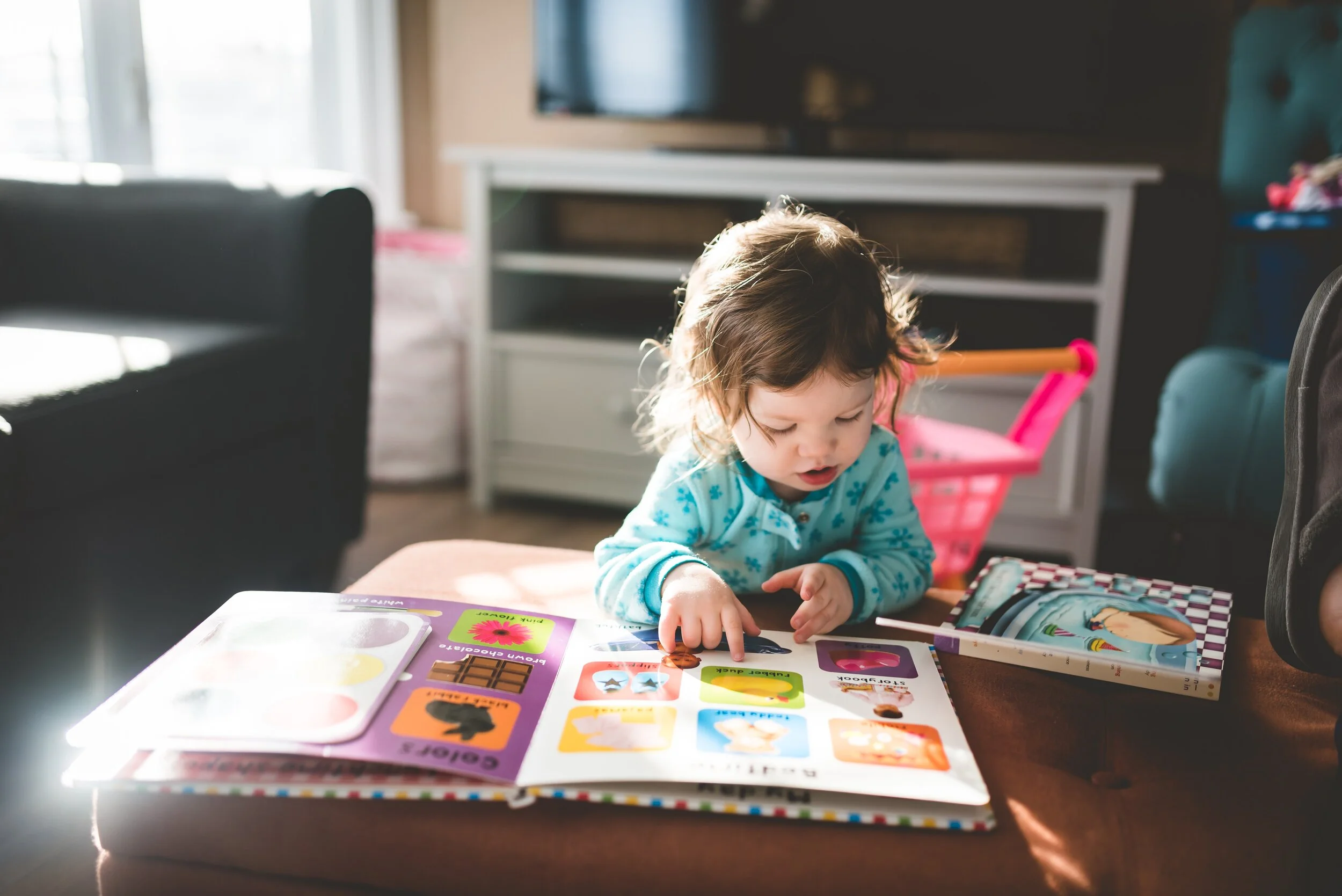Free Learning Resources for Kids
By Nicole Baptista
So you would like to create fun French lessons for your kids but don’t know where to start? You’ve stumbled upon the right page.
There are endless reasons why your child should learn French. Kids who learn a second language become better multitaskers, have improved memory and are better problem solvers.
But let’s be honest... kids are not the most attentive learners, so it’s important to make the French lessons fun and engaging. The truth is, it doesn’t matter what age your kids are, it is never too late to get them learning French.
In this week’s article, we have put together free learning resources for kids who learn French. We share tips to create fun French lessons for your child as well as some useful materials for every age group.
French Learning Resources for Babies, Toddlers and Young Children
If you raise a bilingual child, repetition is key. The positive thing is that kids are natural language acquirers, meaning they don’t need to put in as much conscious effort as adults do to pick up a new language.
Let’s start with the original approaches to teaching languages: reading your child fun bedtime stories and doing treasure hunts around the house for items in French (children adore games). The key is to focus on the repetition of words so that your child finds them easy to memorise. It is actually not that difficult to implement the use of French in your day to day life.
Why not say aloud the French numbers whilst climbing the stairs with your child? Or talk about each ingredient you use as you are making a cake together? Children love singing and dancing so you can come up with fun musical and theatrical activities. The more creative the better!
Digital resources
In terms of digital tools there is a great YouTube channel called “Les Comptines de Gabriel”. This channel offers animated videos accompanied by songs in French. The videos are quite short, interactive and fun which is perfect for this age group! You can support your children even further by learning the songs with them, which will help them to memorise words in the long run.
If your child has access to an iPad or to your phone, “French Baby Flash Cards” is a fantastic app for little ones. It offers images of items in French with their text and voiceover equivalents. The categories range from numbers and clothing to body parts. It is very simple to use and all the pictures should keep your child entertained for a while.
You can also play some French music at home. Little by little your child will start picking up words. Monde des Titounis is a website that also offers fun stories, songs and games for kids.
French Learning Resources for Teenagers
What about teenagers? Teenagers can also learn French in fun ways such as listening to music. At their age, they may have their own music tastes and can start researching artists to listen to on a regular basis. An effective method is to look up the lyrics to the song they’re listening to and follow along singing. For the film lovers, here is a starting list of popular French movies for teens.
Podcasts and blogs
In terms of social media, Pinterest has proven to be a goldmine for French resources. For example, @talkinfrench offers vocabulary sheets and useful grammar explanations in quite simple layouts. Pinterest may be a better alternative to the popular Instagram platform, as teenagers are less likely to get distracted on there. Listening to podcasts can also stimulate aural learning.
However, let’s not forget the importance of regular reading in French and practicing grammar exercises from textbooks. These will provide the foundation for your teenagers’ French learning.




